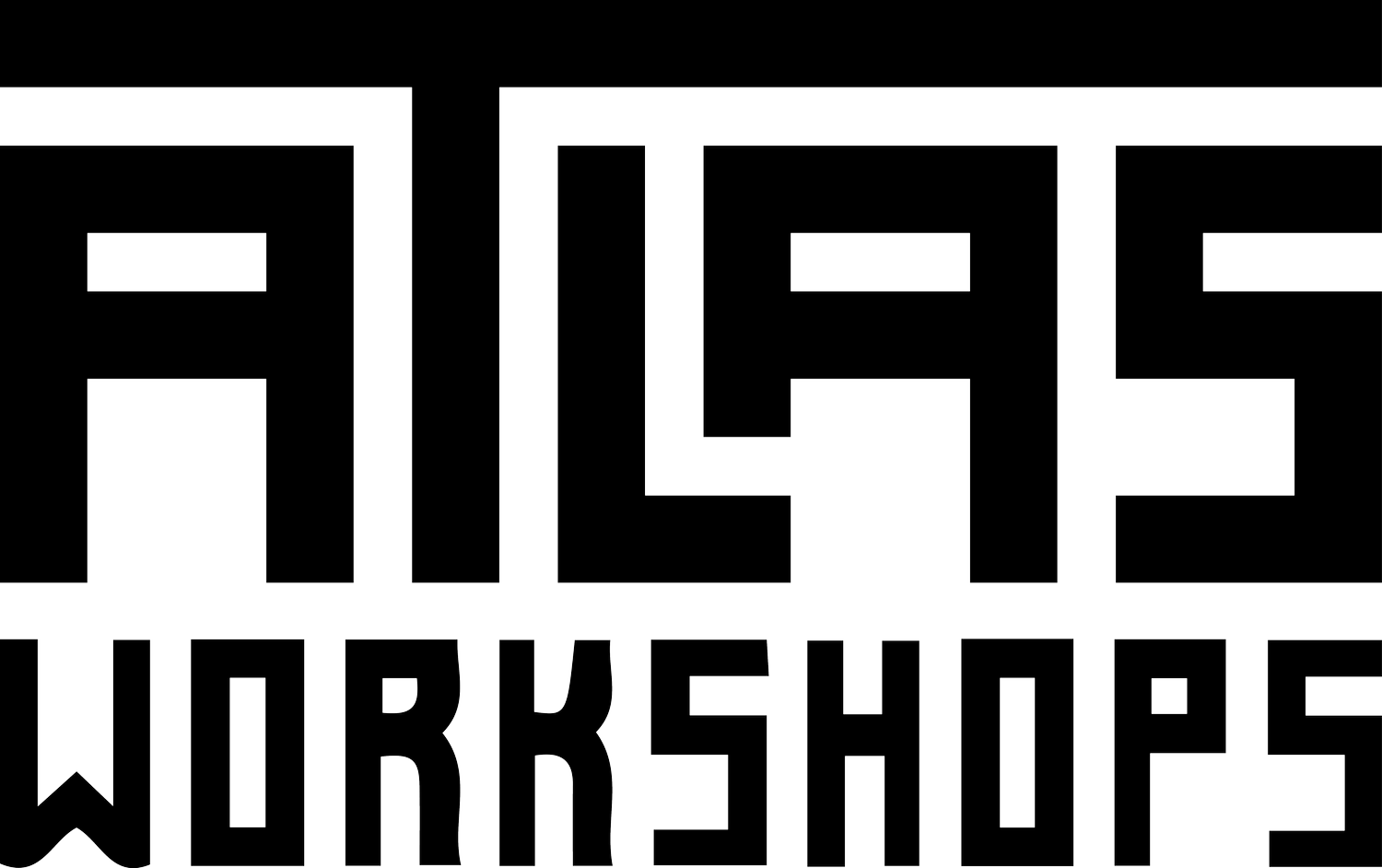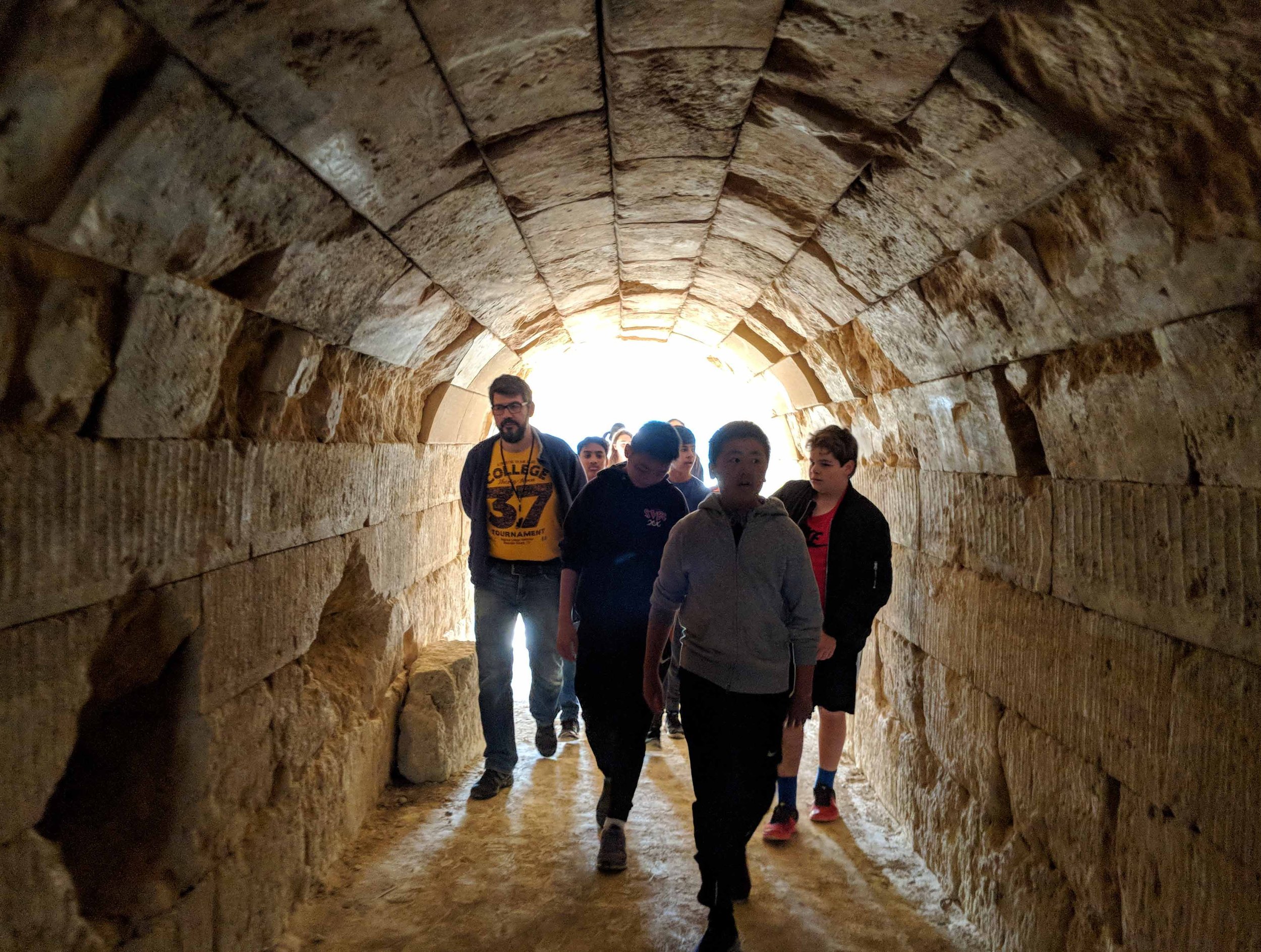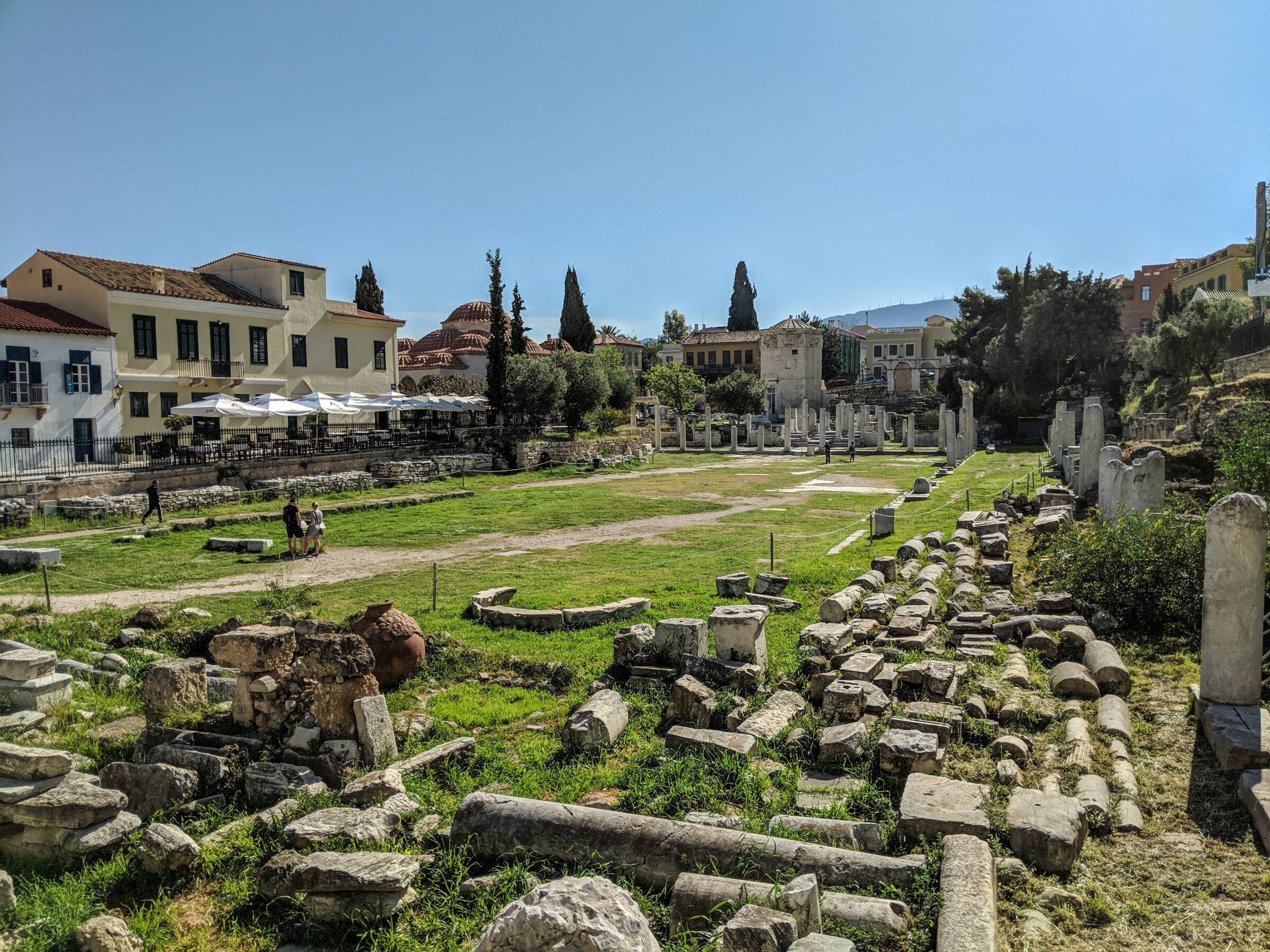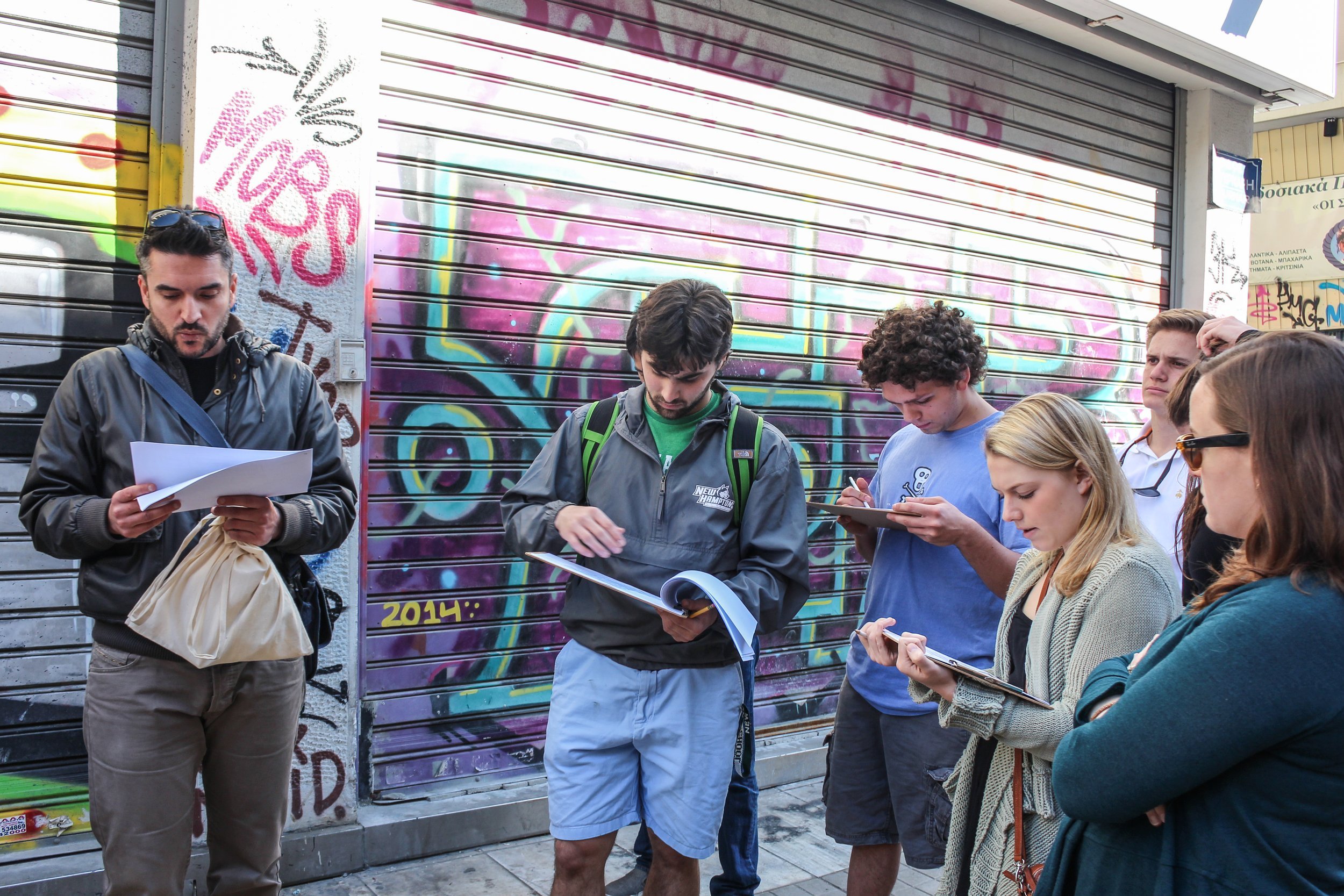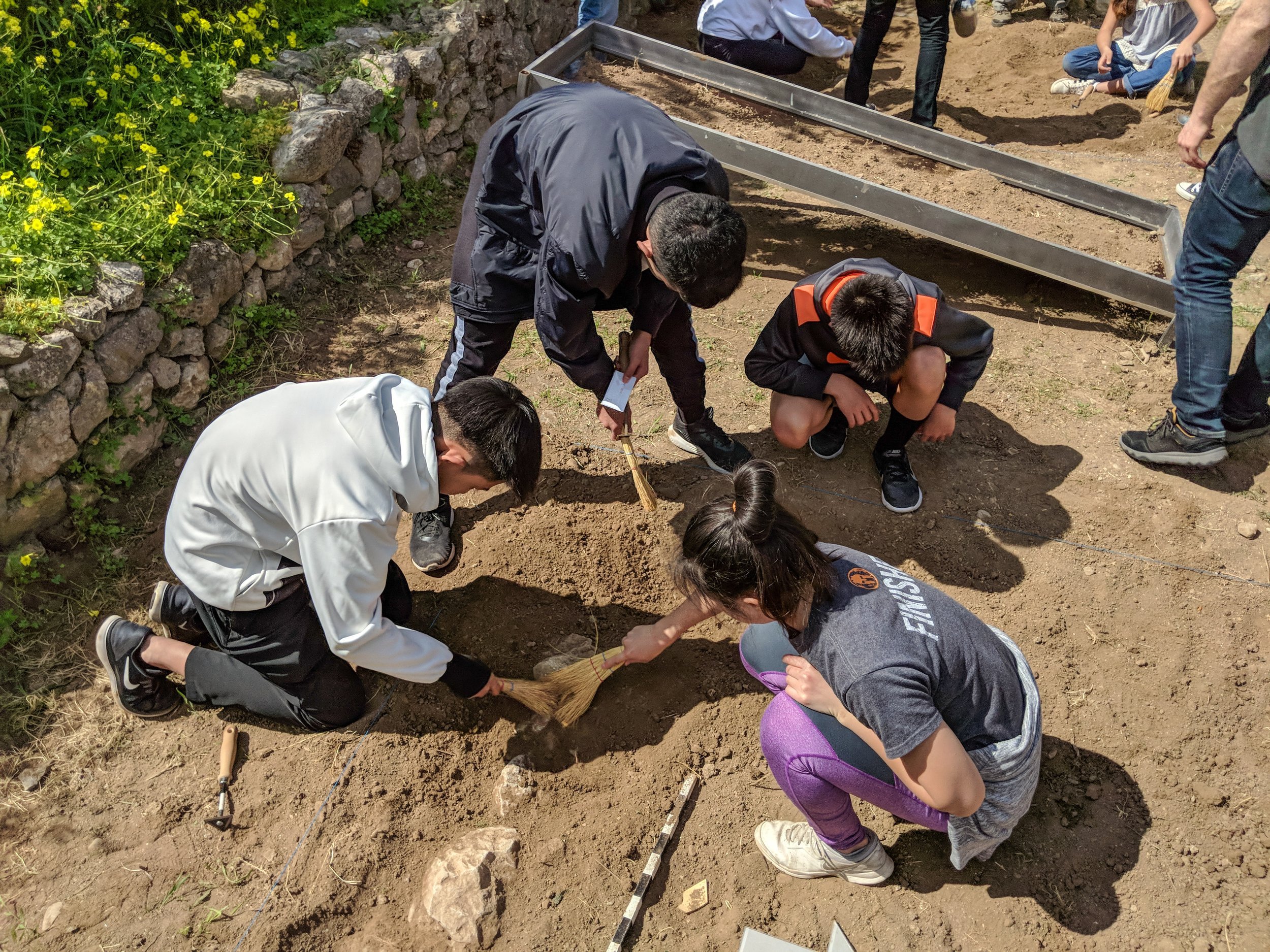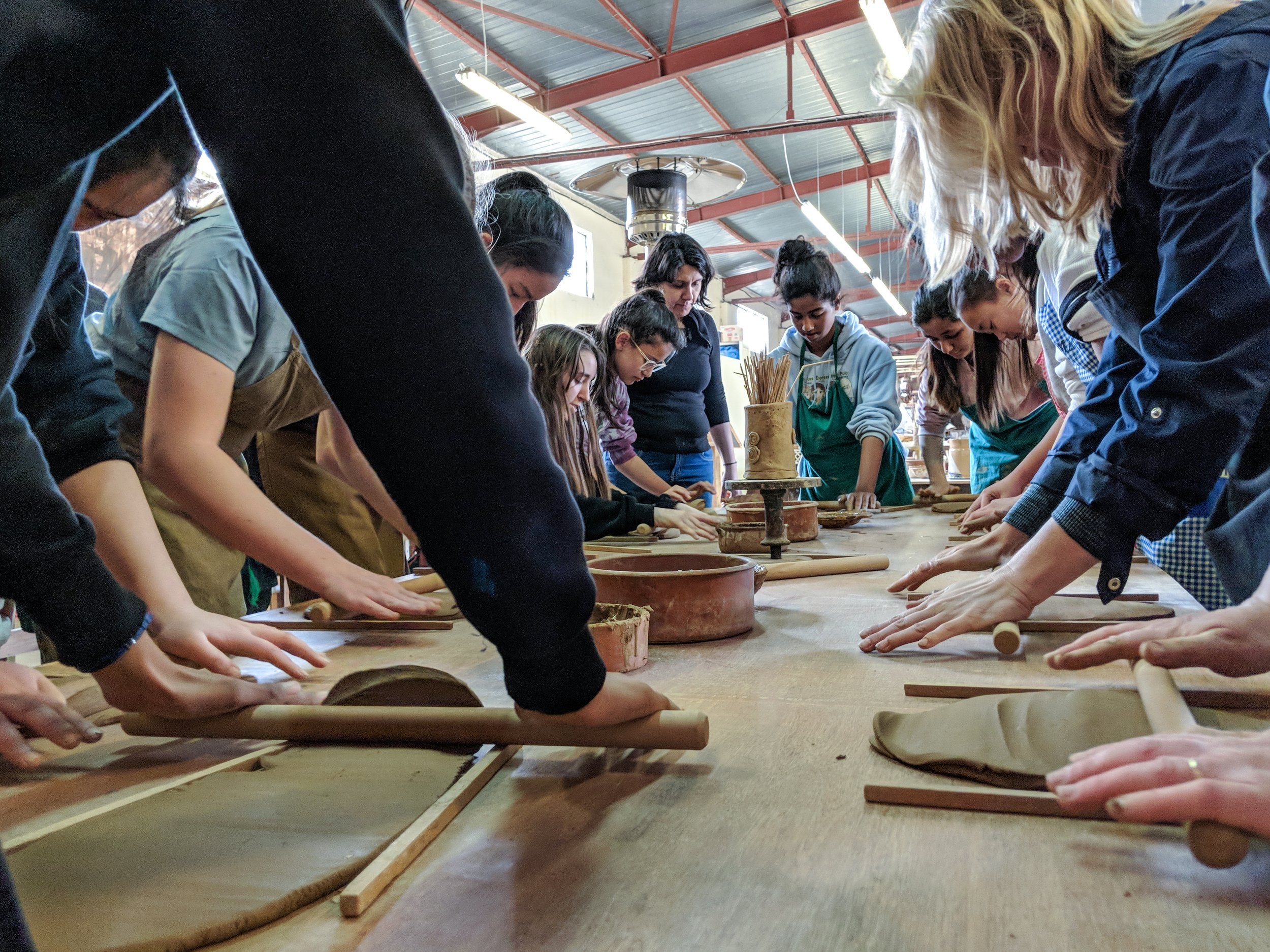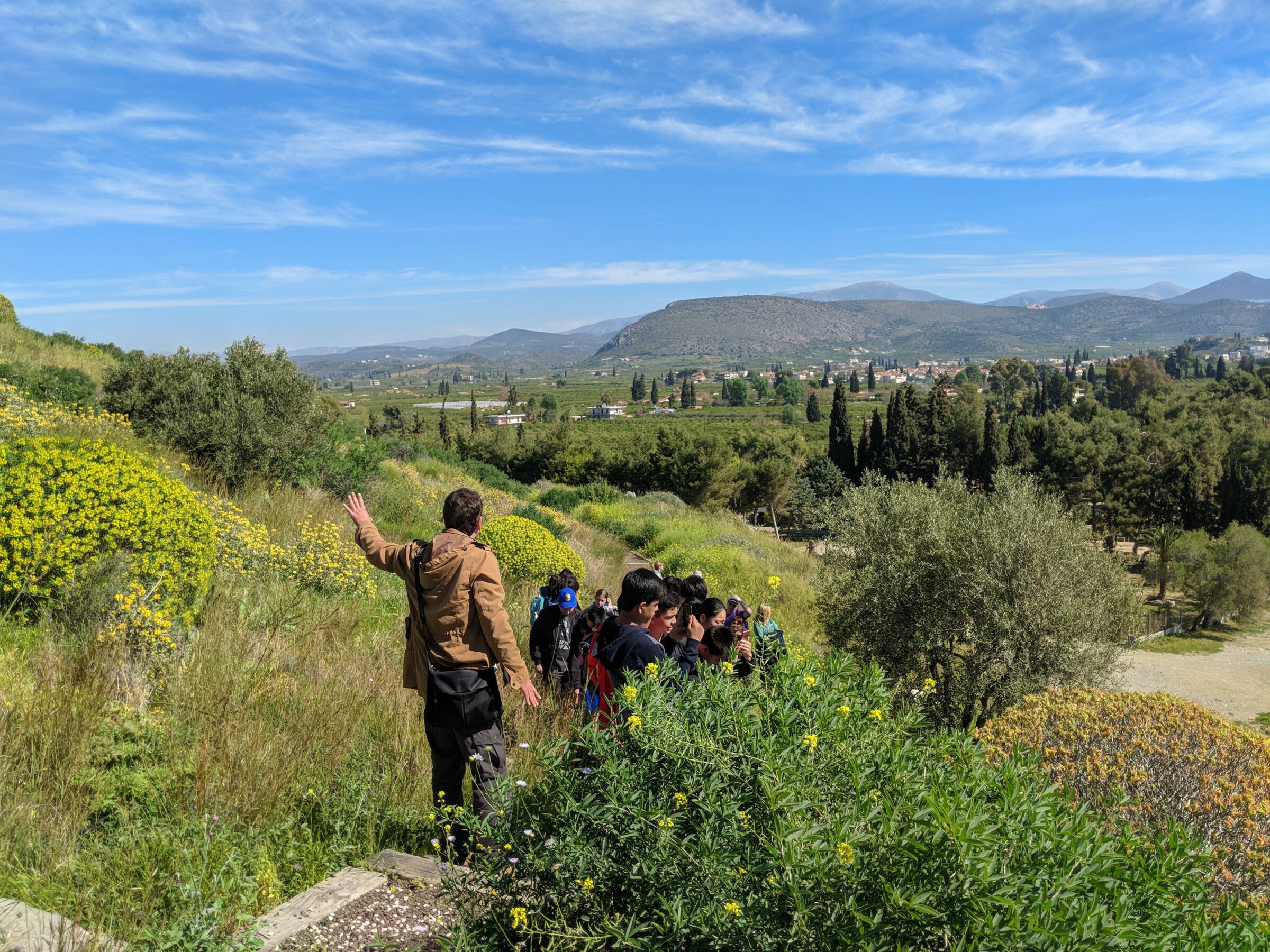Engaging with Identity, Culture, and Diversity in Ancient & Modern History
Educator Program in Greece 2024:
June 30-July 5, 2024
Guiding Trip Questions
How might we diversify the narratives we perpetuate about ancient history?
How did Greece (and Western Europe) craft their ancient narratives through nation building?
How does the weight and the legacy of ancient Greece shape the narrative and place in the world of modern Greece?
Why Greece?
People around the world study Greece to learn about ancient history, society, and the roots of Western civilization. But the way this history is laid out in textbooks and museums often paints a narrow picture. Too often we miss the opportunity to foster critical conversations about our understanding of the past, and how it influences our perspective on the present. How is our understanding of history shaped by those who are telling it? Whose stories are missing from our version of ancient society? And how can we, as educators, expand how we talk about history, classics, and their connections to the multifaceted experiences, identities, values, and cultures of our students today?
Program Goals
This summer educators will join our team in Greece to:
Increase their understanding of how dominant historical narratives have developed, with a focus on the study of Ancient Greece and Western Civilizations and Philosophies.
Visit key sites embedded in western curriculums on ancient Greece, to learn through place based learning from Greek historians, archaeologists, and scholars as we unpack the dominant and counter narratives that make up the enduring and evolving story of Greece.
Have collaborative conversations with locals on what defines their Greek identity and culture, and how those definitions are influenced by historic and cultural narratives as well as current events.
Refine the ways in which we are able to talk about the foundational legacy of culture, arts, geography, economy, trade and commerce of ancient Greece and how that has impacted the current lived experience in Greece.
Critically examine the way we understand and teach ancient history.
Reflect on our own identity, culture, assumptions, and biases, and how they show up in our classrooms daily.
Develop tools and strategies to incorporate and engage with identity and culture as well as diversity and inclusion into future curriculum & global history courses.
Create curricular materials from the travel experience that will be impactful in classrooms.
Working Itinerary
Students will investigate the project question by getting to know Greece as a place, along with the people who live there, tinkering with ideas together to apply what they are learning, and sharing reflections, insights, and aha moments with others.
June 30: Athens Opening
Welcome to Greece!
We will gather as a group at the program hotel. We’ll begin with an orientation on the afternoon or evening of June 30th (based on your flight arrival times). We will have a group Mezze dinner at one of our favorite local spots to kick off our program & inquiry together.
Travelers are suggested to arrive before 5pm if possible, and we can help with planning out your day if you arrive sooner.
July 1-3: The Peloponnese
Legacy of Civilizations
We’ll depart Athens in the morning and then head across the Isthmus of Corinth to our second base near Nafplio, the original capital of modern Greece. On the Peloponnese, we’ll have the opportunity to explore the legacy of multiple civilizations as we visit key sites such as Mycenae and Epidaurus, and lesser known sites in the area such as Nemea. We’ll take time as a group to reflect on the different perspectives and communities in the region, and find an opportunity to expand on your own learning or curriculum plans.
July 3-5: Athens Closing
Issues from Ancient to Modern Greece
Returning to Athens, we’ll have two days in the city as a group to explore historical narratives from different time periods, with a focus on the legacy of classical Athens and the contrast to Byzantine and Ottoman times. We will question public history and narratives as we consider how different sites (and voices) are preserved and celebrated and at what cost.
We will also explore contemporary issues in different neighborhoods of the city with a focus on historical and recent migration and equality in modern Athens. We will close our program at one of our favorite restaurants in the city with a Greek fusion dinner from a talented Syrian chef.
The program will conclude in the morning on July 5th and we can help you plan onward travel plans.
Who Should Join?
This program is geared toward K-12 educators with an interest in global education, history, and humanities and the connections between field experiences and classroom learning. While we think it will be especially applicable for middle and high school educators, the themes covered are relevant to all age levels and disciplines. We are excited to gather a diverse group of educators eager to collaborate on this work and conversation.
Program Price:
$2,100 per Traveler
What’s Included:
This program cost is all inclusive from arrival and the first dinner through the final day of the program. This fee covers all lodging (5 nights), transport, entrance fees, expert meetings, and programming as outlined on the final itinerary. This program fee includes all travelers staying in a private single room. If you prefer to share a room with a colleague we can offer a reduced rate.
This program fee does not include travel insurance, airfare to or from Greece, or airport transfers. We are happy to help arrange any of these!
Financial support is available. These travel grants can be used to reduce the cost of the program (but cannot cover airfare or extra expenses). Please contact us with your target budget as soon as possible as resources are limited and shared across the group.
